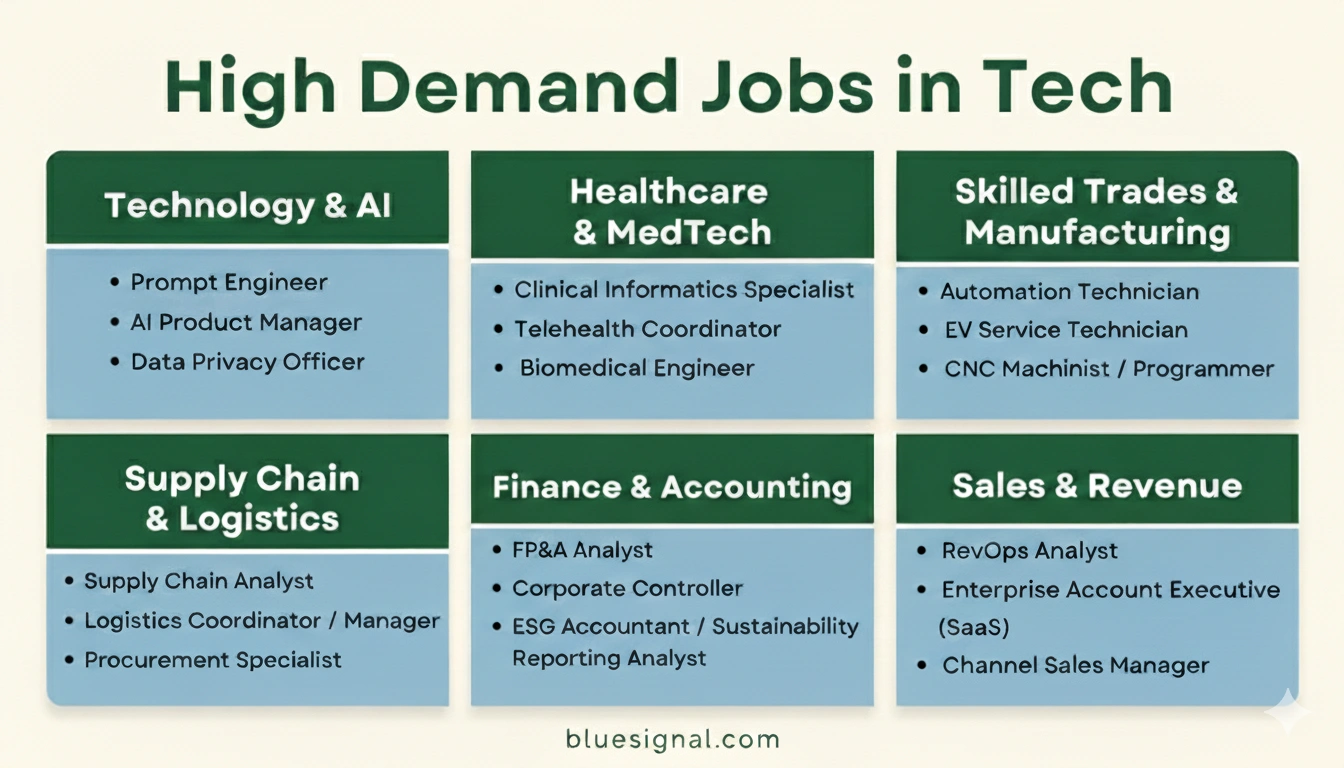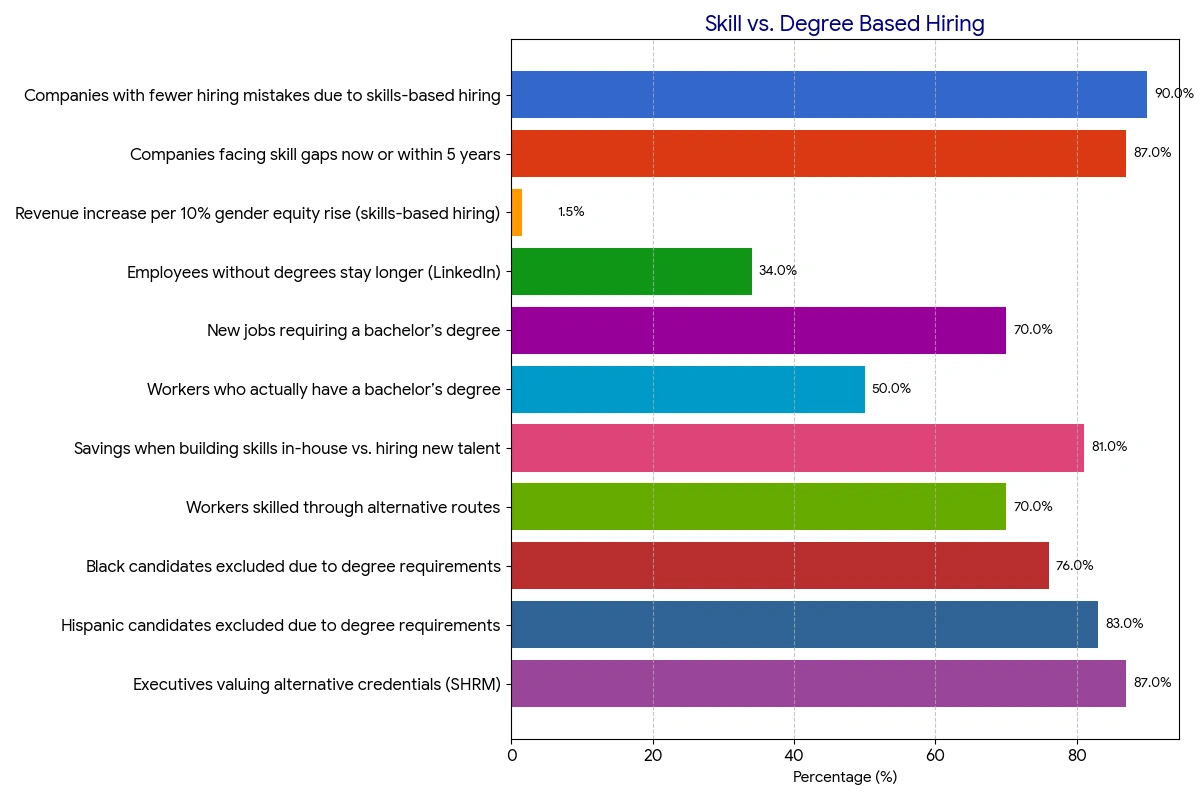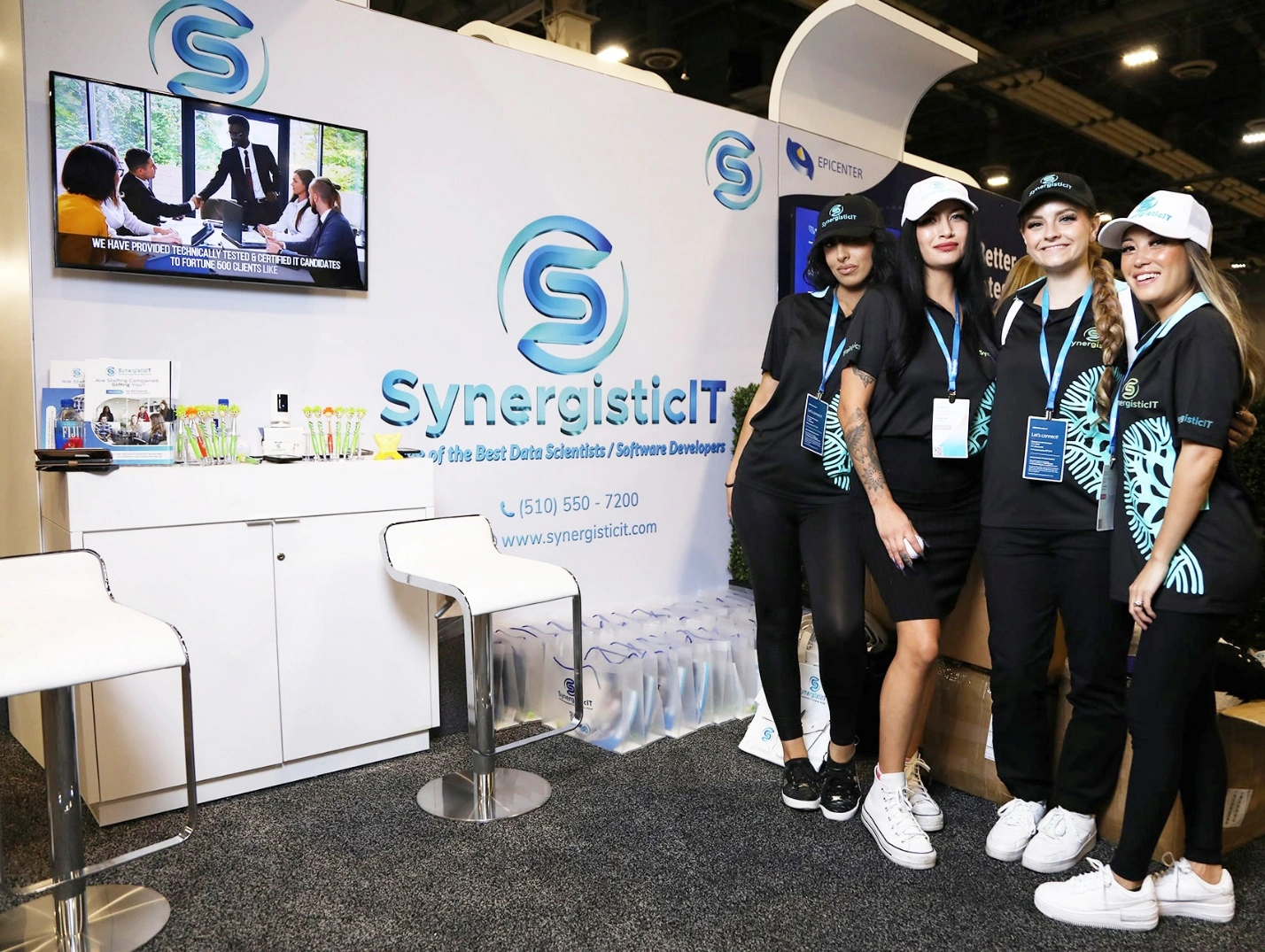Introduction
The U.S. technology sector stands as one of the most competitive, dynamic, and rapidly changing job markets in the world. It is where innovation meets scale, where the world’s brightest minds build the next era of digital transformation, and where companies—ranging from Silicon Valley giants to cutting-edge startups—fight fiercely for the best technical talent. In such a landscape, aspiring tech professionals must navigate not only evolving technologies but also the nuanced preferences and demands of U.S. tech clients and employers. So the big questions is Do Tech employers Value Personal or freelance projects?
One recurring question for jobseekers—both domestic and international—is, What counts most in the eyes of U.S. tech employers? Are personal projects, school or college assignments, internships, or overseas work experience sufficient to open doors? Or do tech clients gravitate towards candidates with proven, in-depth technical knowledge honed through real-world, industry-level project experience? This blog delves deep into what truly matters to U.S. tech employers, exposes the myths around superficial tech credentials, and illustrates how specialized programs at SynergisticIT power candidates to not just meet but surpass these rigorous expectations.
The U.S. Tech Hiring Landscape: Demanding Beyond the Résumé
Shifting Criteria: Beyond Academic Credentials
As the U.S. tech sector continues to evolve, so too do the hiring practices of its companies. Increasingly, tech employers are moving beyond basic credentials, expecting more than just academic degrees, certificates, or brief project stints. According to an influential study from Harvard Business School, there is an industry-wide trend toward skills-based hiring, in which employers scrutinize not only what applicants know, but how they’ve applied their knowledge in real, complex environments. This nuance is critical: U.S. tech clients often seek demonstrable mastery of relevant tech stacks, problem-solving under real business constraints, and adaptability—qualities often missing from purely academic or surface-level endeavors.
The transformation from traditional to skills-based hiring means candidates possessing only classroom or personal project exposure are often overlooked. While a foundational understanding of programming or data science is necessary, it is rarely sufficient. Instead, employers value those who have delivered tangible business outcomes in a manner similar to actual on-the-job performance—something primarily developed through industry-level project experience.
Surging Demand—But Only for Specialist Skills
America’s appetite for advanced technology persists, from AI and cloud computing to big data and cybersecurity. According to Pomeroy’s 2025 tech hiring trends, while openings exist, the bar for candidate selection is “higher than ever,” especially in competitive hotspots such as San Francisco, Austin, and New York. This demanding environment is reinforced by the rise of technical assessments, coding challenges, and multi-stage interviews commonly used to vet applicants’ capabilities. Companies want clear evidence that candidates can architect robust systems, debug unforeseen issues, and add business value from day one.
Personal Projects: Portfolio Power or Puzzle Sideshow?
Perception and Limitations of Personal Projects
Personal projects—be it open-source contributions, hobbyist apps, or proof-of-concept experiments—have for years been touted as essential additions to a technologist’s portfolio. Indeed, surface-level signals of initiative, curiosity, and experimentation can be valuable, as discussed in platforms like Agicent’s industry blog and portfolio guides from employers and bootcamps. A well-executed personal project can highlight creativity or niche interests. However, personal projects alone do not guarantee employability.
Hiring managers and recruiters increasingly distinguish between projects tackled in isolation and those executed within complex, collaborative, and industrial settings. According to the coding bootcamp Nucamp, recruiters scrutinize the depth and relevance of portfolio items—prioritizing examples where candidates demonstrate full-cycle development, scalable architectures, and teamwork typical of corporate environments. Projects lacking rigorous code reviews, real customer feedback, or deployment in challenging settings can come across as superficial, and sometimes, as mere résumé padding.
Furthermore, GeeksforGeeks’ interview preparation guides note that while candidates are often asked about personal projects during technical interviews, the conversation quickly shifts toward architectural decisions, scalability, trade-offs, and how the work aligns with industry standards. Many candidates falter when their personal projects haven’t required them to contend with version control, CI/CD pipelines, or production deployments—the bread and butter of technology teams in the real world.
U.S. Tech Clients’ Preferences: Industry Over Individualism
A study by NuageUp breaks down how technical talent is assessed: industry-relevant project experience trumps personal ventures, especially when applicants seek mid-level or senior roles. Clients are less interested in pet projects unless these clearly demonstrate industry-caliber skills like modular codebase design, test automation, or cloud integration. As a result, even candidates with dozens of GitHub repositories may be passed over if their work doesn’t mirror the complexity, teamwork, and code quality demanded in top U.S. tech roles.
School and College Projects: Necessary, But Not Sufficient
Educational Projects: What Do They Show?
Academic projects—those implemented as part of college coursework or capstones—play a role in establishing foundational knowledge. They showcase a candidate’s ability to learn concepts, complete assignments, and work on basic collaborative tasks. For fresh graduates, these projects may be the first demonstration of hands-on skill.
However, U.S. tech employers rarely stop at this level when evaluating candidates, especially for full-time openings. As noted in the Digital Workshop Center’s career advice and recent hiring analyses, classroom projects often lack the ambiguity, operational constraints, and customer-driven requirements present in actual tech jobs. They typically involve small, predefined problems with limited stakeholders and rarely need to meet production-level reliability or scalability.
College Work vs. Industry Realities
Hiring managers, especially at fast-paced startups or established firms, frequently express skepticism regarding the translation of school assignments to the workplace. Studies compiled by 9cv9 and reports from tech recruiters reveal that school projects are necessary for foundational growth, but insufficient as differentiators in saturated job markets. What matters more is whether a candidate has delivered solutions under genuine business constraints—balancing speed, cost, security, and evolving user needs.
While some universities now network closely with tech firms or offer industry-sponsored capstone projects, these experiences are still not substitute for hands-on delivery in a business setting. This gap is one of the primary reasons that new graduates often struggle to land jobs at leading U.S. tech companies based on classroom experience alone.
Internship Experience: How Much Does It Matter?
The Power of Internships—When They Matter
Internships, by definition, serve as a bridge between academia and the workplace. But this bridge’s strength varies—a lot. According to UCATS’ guide on internships and a host of blog analyses, not all internships are created equal. The impact of an internship depends critically on its scope, the reputation of the company, and how closely the intern’s work mirrored “real job” scenarios.
Most importantly, internships performed at top-tier companies carry outsized weight. U.S. tech clients especially value stints at the “big 20” tech companies—think Google, Amazon, Meta, Microsoft, Apple, and their closest peers. These environments are known for rigorous interview screening, hands-on technical mentorship, and exposure to the scale and complexity expected in leading roles. Interns at such companies learn industrial best practices, stakeholder engagement, compliance, and rapid iteration, all while working on products that impact millions.
Internships Outside Top 20: Valuable, But Less Impactful
While any internship helps build familiarity with tech workplaces, only those that involve complex product development, robust code reviews, or customer-facing deliverables are considered “industry-level” experience. UCATS and Coherent Market Insights both emphasize that internships at lesser-known or non-tech firms may help candidates get their foot in the door, but they seldom sway decision-makers at major U.S. tech companies unless supplemented by deeper project exposure.
Moreover, in today’s ultra-competitive landscape, many internships are unpaid, shadow-based, or part-time in non-technical settings. Clients can often spot this lack of deep involvement and typically require stronger, more substantial proof of technical capability.
Internships: The “Big 20” Distinction
America’s most sought-after internships are highly competitive, with platforms like Vault and The Polar Foundation ranking Google, Amazon, Meta, Microsoft, Apple, and others at the top. Having an internship at a “top 20” company is often a marker of technical excellence and employability in the U.S. tech hiring ecosystem. By contrast, internships at smaller or less renowned firms may offer worthwhile experience but do not carry the same signaling effect or level of trust.
Work Experience Outside the U.S.: A Limited Factor
The Bias in U.S. Tech Hiring
One of the most misunderstood facets among international jobseekers is the valuation of work experience outside the U.S. U.S. tech clients are often extremely conservative in their acceptance of overseas experience, particularly if company names, workflows, or technology stacks are unfamiliar. While global diversity and remote work are growing, recruiters and hiring managers generally favor candidates who have experience meeting American compliance standards, time zones, and customer expectations.
Credential evaluation agencies and recruiter blogs acknowledge that while foreign experience can be valuable, it is often discounted or scrutinized more closely compared to domestic or U.S.-aligned roles. Even candidates with senior overseas positions may be required to demonstrate their skills through intensive technical assessments or start in lower-tier U.S. positions to “prove” their practical, industry-level know-how in an American context.
Visa and Remote Work Challenges
With the growth of remote-first companies, some non-U.S. professionals may now contribute to U.S. projects from abroad. However, this remains rare for roles demanding high security, user data protection, or sensitive intellectual property. Additionally, the U.S. immigration system’s complexity means that practical work experience within the U.S. is usually viewed with much greater credibility by employers than similar roles held overseas.
Deep Technical Knowledge: The Non-Negotiable Requirement
Superficial Exposure vs. End-to-End Expertise
At its core, what distinguishes a hireable candidate in the U.S. tech market is mastery, not mere familiarity. As Indeed.com’s hiring guide clarifies, recruiters expect candidates to possess both broad domain knowledge and deep technical skills specific to the job at hand. This means being able to design, build, deploy, debug, and iterate on complex systems in industry-relevant environments—not simply being able to “talk the talk.”
Soochaka and Digital Workshop Center highlight that U.S. clients frequently probe the depth of a candidate’s technical grounding: Can they explain trade-offs? Have they led code reviews or performed DevOps? Did they handle customer escalations or implement at scale? These are aspects that require professional, industry-level immersion, which cannot be substituted by hackathons, class projects, or isolated GitHub repos.
Technical Assessments: Proof Is in the Performance
Modern tech hiring commonly involves coding tests, system design interviews, and scenario-based assessments. Candidates are expected to prove their chops in real time, often using platforms or processes drawn straight from industry settings. Without hands-on familiarity with enterprise tools, cloud platforms, or business-critical architectures, candidates are likely to stall at these demanding hurdles.
Key Trends in U.S. Tech Hiring Criteria
To illustrate the changing dynamics, consider the following comparative table:
| Hiring Factor | Value to U.S. Tech Clients | Key Limitations |
| Personal Projects | Low to Moderate | Insufficient depth, limited realism |
| School/College Projects | Low | Not industry-relevant, rarely full-cycle |
| Internship (Non-Top 20 Firms) | Moderate | Variable rigor, less trust by major clients |
| Internship (Top 20 Tech Firms) | High | Proxy for excellence, proven high standards |
| Overseas Work Experience | Low to Moderate | Often discounted, must meet U.S. standards |
| U.S. Industry Project Exp. | Very High | Most accurate signal of on-job readiness |
| Deep Technical Skills | Essential | Non-negotiable, must be demonstrated |
This structured comparison makes it clear that U.S. tech clients prioritize candidates who can demonstrate directly relevant, industry-caliber experience, especially within American contexts or top international environments. Superficial or academic experiences—while foundational—do not in themselves pass muster when the stakes involve mission-critical software, agile teams, and fast-paced product cycles.
Why SynergisticIT? Bridging the Gap Between Aspiration and U.S. Tech Hiring Realities
An Introduction to SynergisticIT: Track Record and Mission
Enter SynergisticIT, a premier provider of advanced tech training and job placement solutions designed specifically for the realities of U.S. tech hiring. With over 15 years of experience in the American technology sector and a deep understanding of what Fortune 500s, Silicon Valley disruptors, and regional innovators seek in candidates, SynergisticIT stands apart from generic bootcamps or traditional education providers. The firm’s flagship programs in Java and Data Science, and its proven job placement ecosystem, empower candidates to bridge the gap between academic learning and true industry readiness.
SynergisticIT is not a résumé mill. Instead, the company builds transformation journeys for its students, systematically taking them from foundational concepts to deep expertise—all the while embedding them in real-world project work, technical mentorship, and comprehensive interview coaching.
Learn more about what SynergisticIT offers on their homepage.
SynergisticIT’s Job Placement Program: From Classroom to Career
Core Features and Methodology
The SynergisticIT job placement program is designed for outcomes. Unlike programs that stop at teaching syntax or theory, SynergisticIT integrates:
- Industry-focused, full-cycle projects: Candidates tackle complex assignments that simulate actual business requirements, including SDLC methodologies, deployment pipelines, and CI/CD automation.
- Mock interviews and technical assessments: Regularly administered evaluations help students acclimate to the rigors of U.S. technical interviews and coding challenges.
- Mentorship from industry experts: Instruction comes from engineers, architects, and tech leads who have succeeded at top-tier U.S. firms.
- Dedicated job search support: This includes résumé crafting, LinkedIn optimization, and direct connections with SynergisticIT’s employer network.
Candidates gain not just theoretical fluency but the practical, demonstrable skills that hiring managers seek. It’s no surprise that SynergisticIT has assisted over 10,000 jobseekers into high-impact tech roles in the U.S.—a unique track record highlighted in their various placement success testimonials.
More details can be found on SynergisticIT’s job placement program page.
Examples of Placement Success
The reputation and breadth of SynergisticIT’s placement partners are reflected in alumni stories and third-party testimonials. Alumni have landed jobs at Big Tech companies, fast-growing startups, financial institutions, and more. Glassdoor reviews and forums such as Reddit reveal consistent patterns: graduates credit the immersive project work and comprehensive interview prep as key factors in their career breakthroughs.
Deep Dive: The SynergisticIT Java and Data Science Programs
Java Program: Full-Stack, Enterprise-Focused
The SynergisticIT Java program is crafted for those seeking robust, in-demand software engineering skills. The curriculum covers:
- Core Java Foundations: From OOP concepts to advanced multithreading.
- Spring Framework Mastery: Building scalable, secure, and testable REST APIs.
- Database Integration: SQL, Hibernate, and data modeling for real-world enterprise scenarios.
- Microservices & Cloud Deployments: End-to-end exposure to deployment pipelines, containerization, and cloud readiness.
Crucially, this training isn’t academic: every module is tied to industry project work. For example, students might develop a financial transaction system, simulate large-scale data ingestion, or architect a multi-tier e-commerce platform—mirroring the responsibilities of software engineers at leading firms.
Data Science Program: Theory Translated into Practice
The SynergisticIT Data Science program pairs conceptual clarity with application. Key highlights include:
- Python, R, and Advanced Analytics: Covering everything from data wrangling to statistical modeling.
- Machine Learning and AI: Practical exposure to Scikit-learn, TensorFlow, and real-world datasets, with industry case studies.
- Visualization, Big Data, and Deployment: Students take projects from data cleaning to deployment, using tools like Tableau, Spark, and AWS.
Regular code reviews, project presentations, and group-based project delivery give the experience an unmistakably “industry” flavor. Placement success stories are featured directly on SynergisticIT’s official press releases
SynergisticIT in the Media: Industry Recognition and USA Today Feature
The national media has recognized SynergisticIT’s impact, most notably in a feature by USA Today. This article spotlights how SynergisticIT is helping U.S. companies bridge their tech talent gaps by cultivating deeply skilled candidates who bring more than just academic or “surface” experience to the job.
In the words of SynergisticIT’s leadership, U.S. clients “are not just hiring programmers, but problem-solvers who understand commercial realities, scalability, and the need to deliver results at speed.” The company’s ability to consistently supply such talent is one reason it has continued to grow amidst shifting hiring trends and economic cycles.
Supporting Jobseekers: Interview Questions, Learning Resources, and Community
Interview Question Resources
Knowing technical content is only the first step; demonstrating knowledge under pressure is where most candidates stumble. SynergisticIT addresses this concern through extensive technical interview question portals and personalized coaching sessions. This includes “tell me about yourself” scripting, deep dives into algorithms and coding patterns, and scenario-based system design discussions.
Alongside SynergisticIT’s resources, external guides like GeeksforGeeks’ Interview Corner enable candidates to simulate actual assessment experiences, ensuring they can deliver under scrutiny.
Event Videos and Practical Workshops
Videos and live event recordings, such as those available on the Synergisticit Tech Industry Interaction Videos at OCW, Oracle Java One, Gartner Summit and other Videos, demystify complex concepts and introduce students to real-world development scenarios. These workshops strengthen not only technical proficiency but also confidence in collaborative problem solving.
Blog Content and Ongoing Skills Development
SynergisticIT maintains an active Synergisticit’s Career, Job Hunting and Hiring tips for Jobseekers and Employers, focusing on career tips, upskilling guides, and market insights. Their blog content is tailored to debunk myths, highlight industry expectations, and empower jobseekers to address gaps in their technical, practical, and soft skills.
Blog posts, such as those about “job hunting techniques” and “interview tips for jobseekers,” blend concrete advice with real-life anecdotes—demonstrating why in-depth skill building, not superficial exposure, is the only way to truly succeed in the U.S. tech market.
Upskilling: A Core Strategy in the Modern Tech Era
Upskilling as a Competitive Imperative
In the contemporary tech hiring environment, upskilling is not optional—it’s vital. Employers face constant technological disruption, meaning yesterday’s tools may fade in relevance while new languages, frameworks, or cloud platforms arise rapidly. A Forbes HR Council report and leading workforce development publications highlight the growing imperative for both jobseekers and employees to continuously acquire new skills, citing that even established developers must regularly upskill to stay employable.
SynergisticIT’s programs are structured to support lifelong learning, ensuring alumni are not only job-ready today but are set up for adaptability in the face of tomorrow’s technology shifts.
Conclusion: The Real Pathway to U.S. Tech Employment
The bottom line is clear: U.S. tech clients value depth over breadth, industry immersion over superficiality, and demonstrated impact in business environments over academic credentials. While personal and school projects, internships, and overseas work experience all play supplemental roles, they cannot replace the need for real, industry-level technical prowess.
For candidates—especially those looking to break into the elite tier of U.S. tech jobs—the challenge is not simply learning to code, but mastering the stacks, systems, and teamwork realities that actual businesses demand. This is where SynergisticIT delivers unmatched value: by offering immersive, project-driven Java and Data Science programs, expert mentoring, cutting-edge resources, and a 15+ year track record of guiding jobseekers to success—including more than 10,000 successful U.S. tech placements.
If you’re ready to move beyond superficial exposure and transform into the kind of in-demand professional U.S. companies are desperate to hire, discover how SynergisticIT can power your journey:
- Explore SynergisticIT’s job placement program.
- See Synergissticit’s Java Job Placement Program and Data Science Job Placement program details.
- Read the USA Today spotlight on their industry leadership.
- Access SynergisticIT’s interview question resources.
- Watch SynergisticIT’s event videos
- Browse SynergisticIT’s blogs for jobseekers.
Make your move—choose the partner that top tech employers already trust. Your tech future is waiting. Start building it with SynergisticIT.










